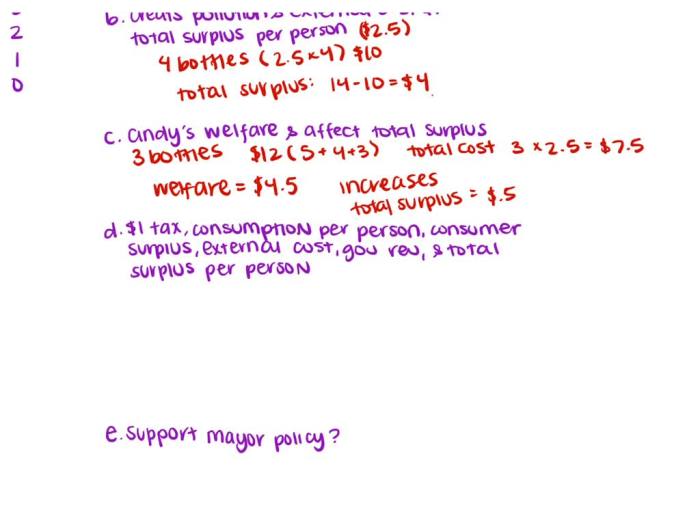A resident may store and consume his own medications if he or she has the capacity to do so and if the medications are not controlled substances. This right is based on the principle of autonomy, which is the right to make decisions about one’s own body and life.
However, there are some restrictions on this right. For example, a resident may not store or consume medications that are prescribed to another person, and a resident may not store or consume medications that are illegal.
The decision of whether or not to allow a resident to store and consume his or her own medications should be made on a case-by-case basis, taking into account the resident’s capacity to make decisions about his or her own care, the risks and benefits of allowing the resident to store and consume his or her own medications, and the resident’s preferences.
Resident’s Right to Store and Consume Own Medications: A Resident May Store And Consume His Own Medications If

Residents have the right to store and consume their own medications, provided they have been properly prescribed and prepared. This right is governed by legal frameworks and ethical considerations, and involves responsibilities for both residents and healthcare professionals.
Legal Considerations
The legal framework governing a resident’s right to store and consume their own medications varies by jurisdiction. Generally, residents have the right to self-medicate, but this right may be restricted or limited in certain circumstances.
For example, some jurisdictions may prohibit residents from storing or consuming certain controlled substances or medications that require special handling or supervision.
Medication Management and Safety, A resident may store and consume his own medications if
Residents must adhere to best practices for storing medications safely and securely. This includes:
- Storing medications in a locked cabinet or other secure location.
- Keeping medications out of reach of children and pets.
- Following proper dosage and frequency instructions.
- Storing medications in their original containers.
- Discarding expired medications properly.
Improper medication use can lead to serious risks and hazards, including overdose, medication errors, and interactions with other medications.
Healthcare Professional Involvement
Healthcare professionals play a vital role in advising residents on medication use. They can:
- Prescribe medications and provide instructions on dosage, frequency, and storage.
- Conduct regular medication reviews to assess effectiveness and safety.
- Monitor for potential side effects or interactions.
- Provide education and support on medication management.
Ethical Considerations
The right to self-medicate raises ethical issues related to autonomy and safety. Residents have the right to make decisions about their own healthcare, but healthcare professionals have a duty to protect residents from harm.
Ethical dilemmas may arise when a resident’s decision to self-medicate conflicts with the healthcare professional’s assessment of their safety or well-being.
Practical Implications
To ensure safe and effective medication management, residents should:
- Follow instructions from healthcare professionals.
- Review medication management practices regularly.
- Keep a record of medications, including dosage, frequency, and storage conditions.
- Seek support from healthcare professionals or support services if needed.
Healthcare professionals can support residents by providing education, resources, and monitoring to ensure safe and effective medication management.
Questions Often Asked
What are the legal considerations for allowing a resident to store and consume his or her own medications?
The legal considerations for allowing a resident to store and consume his or her own medications include the resident’s capacity to make decisions about his or her own care, the risks and benefits of allowing the resident to store and consume his or her own medications, and the resident’s preferences.
What are the best practices for storing medications safely and securely?
The best practices for storing medications safely and securely include storing medications in a locked cabinet, out of reach of children and pets, and in a cool, dry place.
What are the potential risks and hazards associated with improper medication use?
The potential risks and hazards associated with improper medication use include overdose, side effects, and drug interactions.

